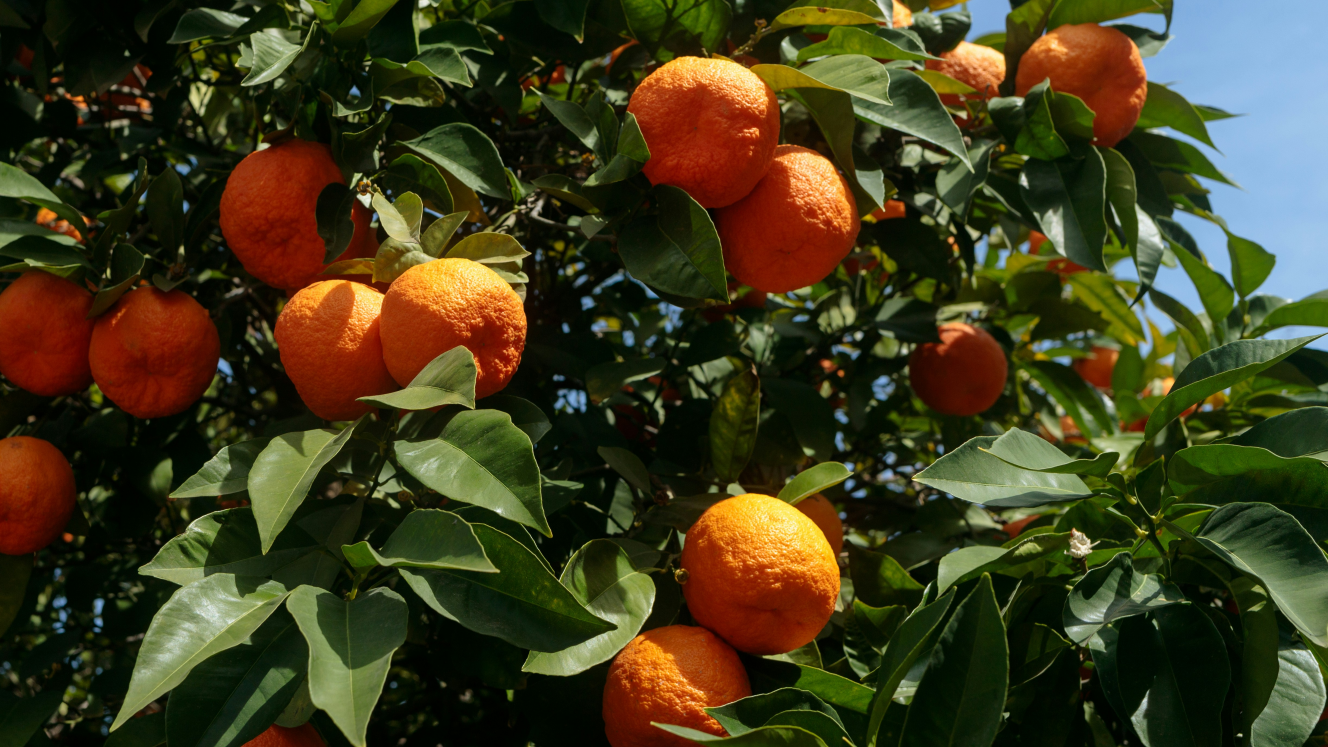The Citrus Growers’ Association of Southern Africa (CGA) has once again raised concerns over the looming 30% tariff on citrus exports to the United States, following letters sent by the Trump Administration to 14 countries last week.
The 1 August implementation deadline had created significant uncertainty for local growers, CGA CEO Boitshoko Ntshabele, warned in is latest newsletter.
“The 30% tariffs, once effected, will make South African citrus uncompetitive in the US. Competitors like Peru and Chile, amongst others, are levied the universal 10% tariff,” said Ntshabele.
This follows a 90-day reprieve announced in April, which ended on 9 July. The tariff threat disrupts planning for growers as the citrus season runs until October with rural communities particularly hard hit.
“Towns like Citrusdal have been sustained by US exports. The growers of these regions have worked hard to develop this market and have built relationships with exporters and US consumers, who truly love our flavourful and zestful citrus,” Ntshabele said.
These communities in the Northern and Western Cape are vulnerable to external shocks and the association has repeatedly warned that the tariff could jeopardise livelihoods.
However, Ntshabele believes there is a solution to the challenge.
“The CGA believes that a mutually beneficial trade deal between South Africa and the US is possible by 1 August, or, at the very least, that an exemption for citrus and other seasonal fresh produce can be negotiated.”
He urged the Department of Trade, Industry and Competition to expedite negotiations started in May.
Ntshabele said South African citrus did not compete with US growers.
“SA citrus growers do not threaten growers of US citrus or even US jobs. In fact, because we are counter-seasonal, quite the opposite is true. South Africa’s citrus sustains interest when local US citrus is out of season, eventually benefiting US growers when we ‘hand over’ consumers at the end of our season – to the benefit of per capita consumption for citrus, when compared with other fruit types.
“With a massive increase in local citrus production projected for the next few years, the local citrus industry can create no less than 100 000 jobs by 2032. But this cannot be done without improving existing market access and the acquisition of new markets.”
He said securing favourable access to the US and markets like China and India was critical to achieve this.
“There is a deep appreciation of South African citrus by US consumers. Exports to that market have almost doubled from 2017 onwards,” Ntshabele said.
Expanding market access to include all provinces, beyond the Western and Northern Cape, could unlock further growth.













